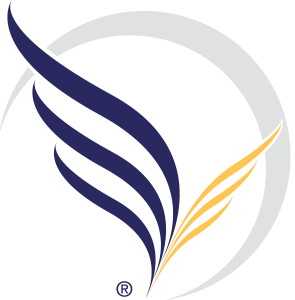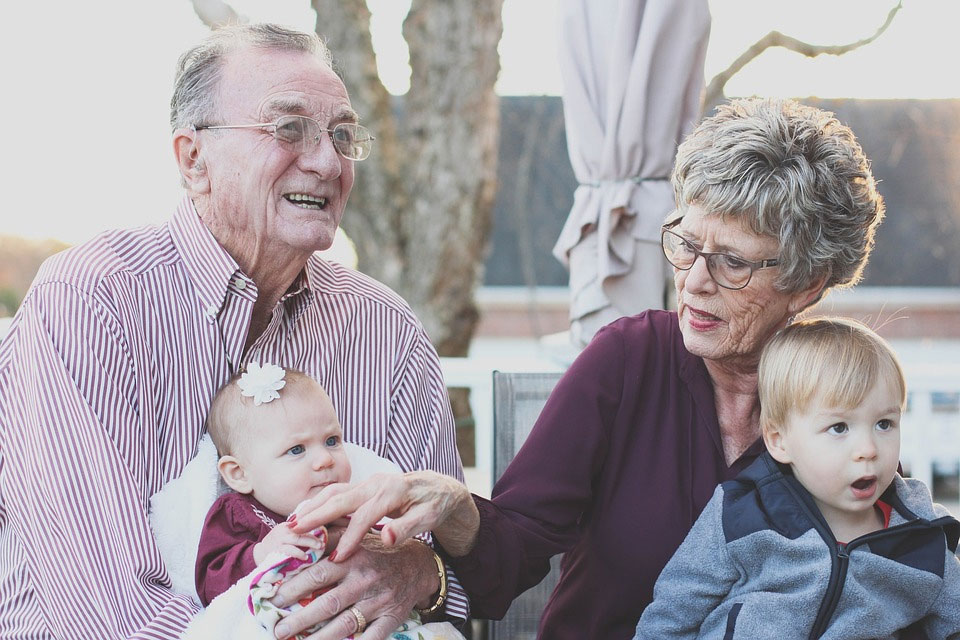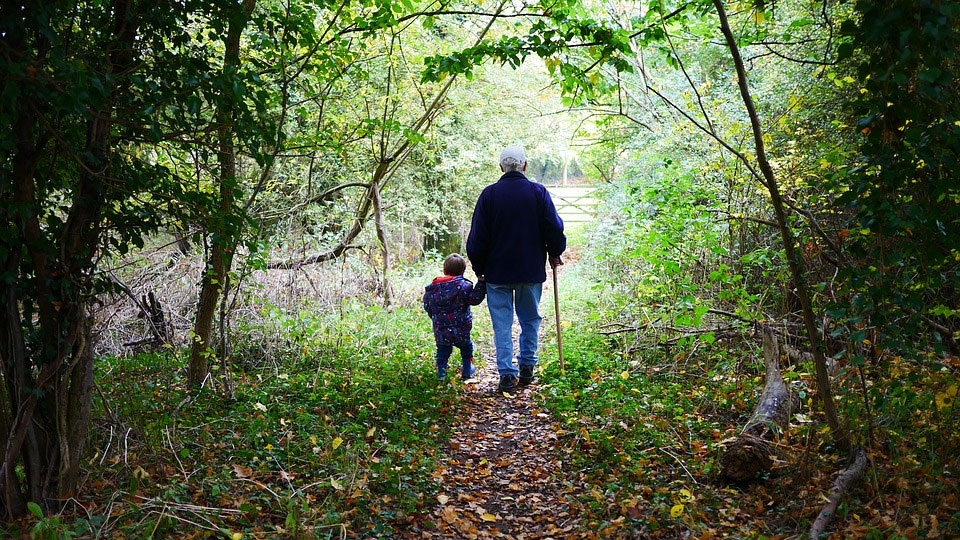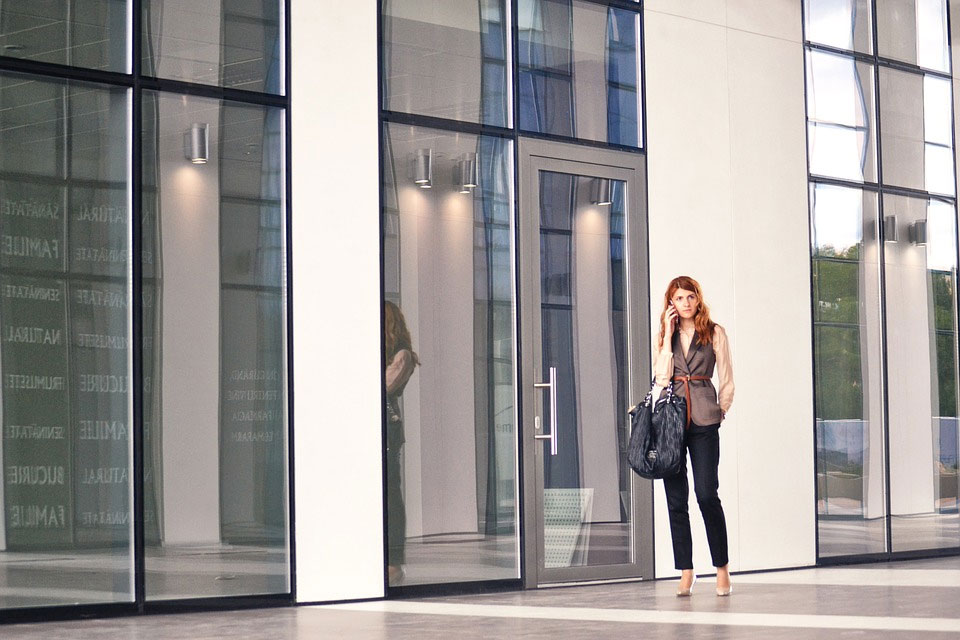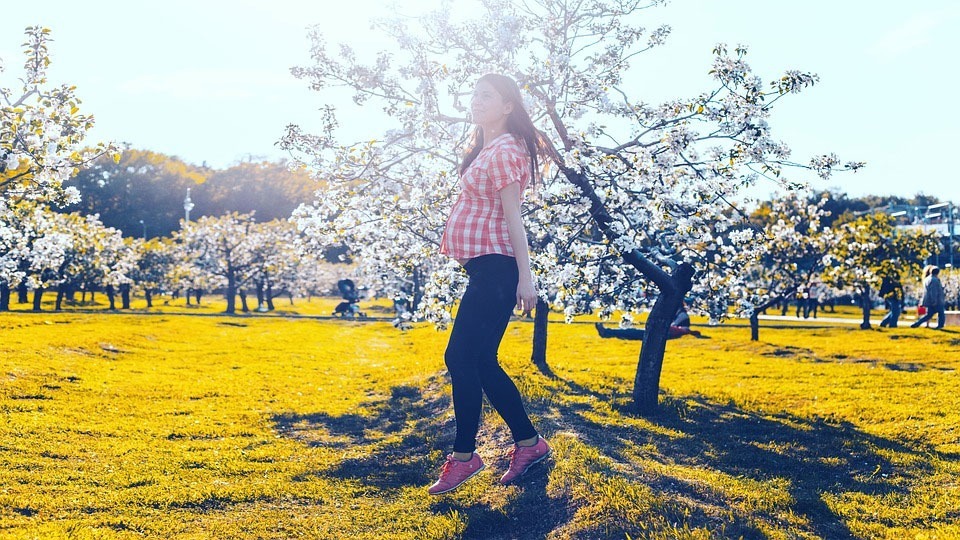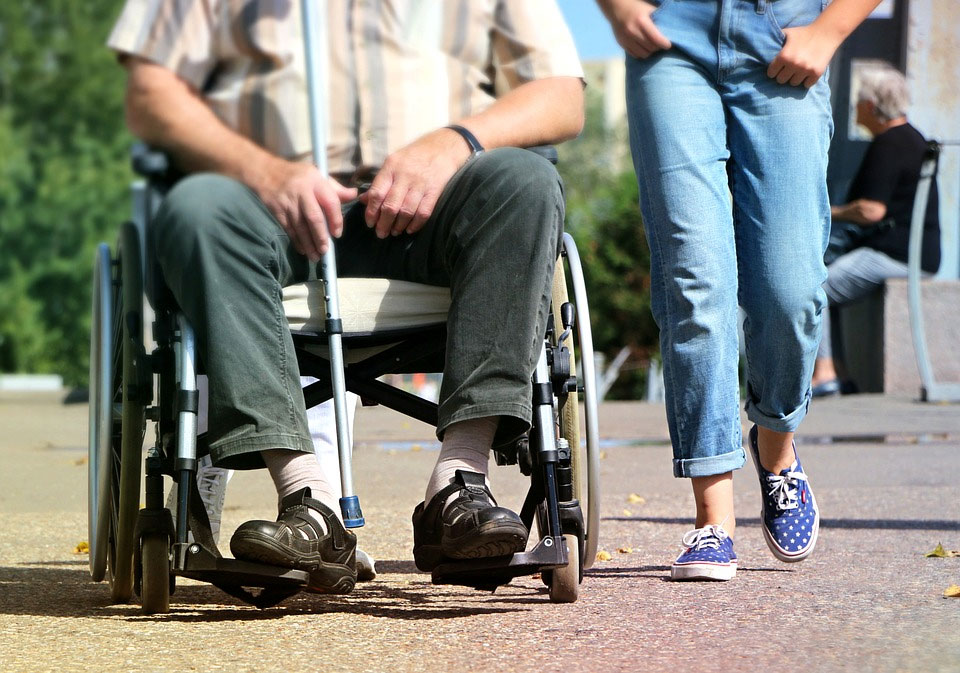There is a strong genetic basis for varicose veins, so it is no surprise to learn that your family history is the primary factor involved in whether you develop problems with your veins. In fact, it’s been estimated that nearly half of all people with varicose veins have a family history of the condition.
Lifestyle
Your lifestyle is a risk factor for varicose veins. If you are overweight, the added pressure on your veins can cause varicose veins. In addition, a sedentary lifestyle or a job that requires prolonged standing or sitting increases your risk. When you sit or stand for extended periods, your veins have to work extra hard to pump essential blood to your heart.
Other Causes Of Varicose Veins
Other risks factors for varicose veins include your age and gender. As you age, the check valves and vein walls weaken and may not function properly. This can lead to almost half of people over the age of 50 having varicose veins. In addition, if you are born with weak valves your risk of varicose veins is even higher.
Vein trauma or a history of blood clots can damage the veins and check valves. This damage can allow venous blood to pool in your legs, predisposing you to develop varicose veins.
Lastly, the increase in blood volume, the relaxation of the smooth muscles and the pressure of the fetus on the pelvic veins that occurs during pregnancy can cause your veins to enlarge. These effects of pregnancy and a lifetime of hormonal changes results in women being much more likely than men to develop varicose veins.
How To Prevent Varicose Veins
If you want to enjoy “Better Veins for Life” there are a number of things you can do to promote healthy veins. These guiding principles can delay the development of varicose veins and prevent the varicose veins you already have from becoming worse.
Tips Everyone Can Use To Prevent Varicose Veins
Making lifestyle changes is an easy way for you to prevent varicose veins. If you are overweight, losing weight relieves pressure on your veins to improve circulation. Exercising and living an active lifestyle are key to maintaining a healthy weight.
Another measure you can take is avoiding sitting or standing for extended periods of time. When resting, sleeping or relaxing while watching television, elevate your legs. Keeping your legs higher than heart level even if only for a few minutes in the morning, afternoon and evening improves your venous blood flow return improving your circulation.
Although it may come as a surprise, your clothing and shoes are important in preventing varicose veins. Clothing that creates a tourniquet effect can reduce blood flow. High-heeled shoes should also be avoided or worn only on special occasions. Wearing shoes with a low heel, strengthens your calf muscles improving blood flow at the same time. While you may miss wearing skinny jeans or high heels, you are taking an important step towards Better Veins for Life.
A key lifestyle preventive measure to prevent varicose veins or relieving discomfort from the ones you already have is to wear medical grade compression garments. Improving circulation and preventing blood from pooling in your legs, compression hose and socks provide relief from the swelling and aching caused by varicose veins. For mild varicose veins, you can wear support stockings or socks, but if your symptoms are more severe, your doctor may prescribe compression stockings custom fit for your shape.
Understanding your risk factors for varicose veins, such as family history, weight, or age, is important to prevention. If you at risks seeing a vein specialist can help you decide which self-care measures will be most beneficial for you.
How To Prevent Varicose Veins With Exercise

